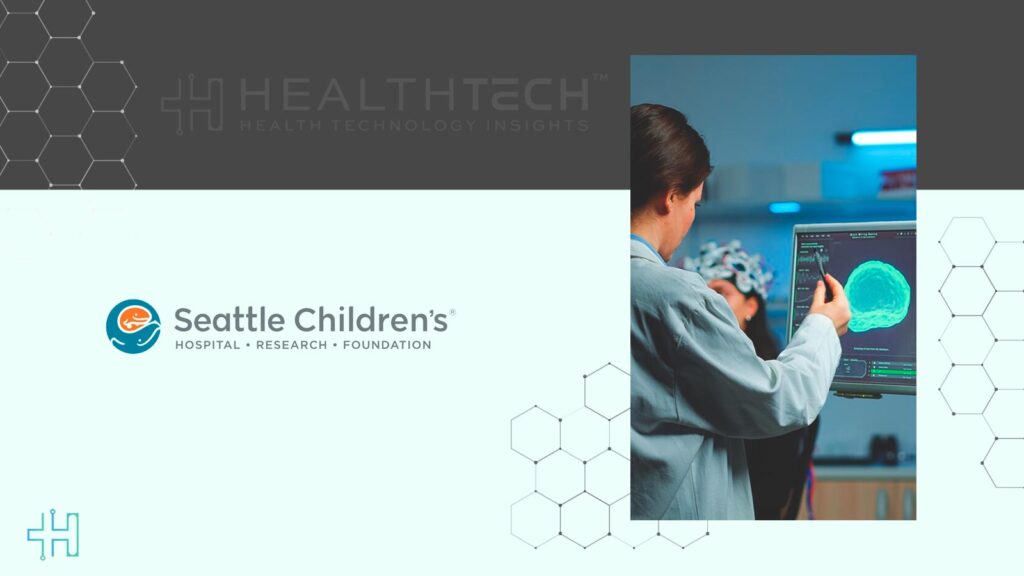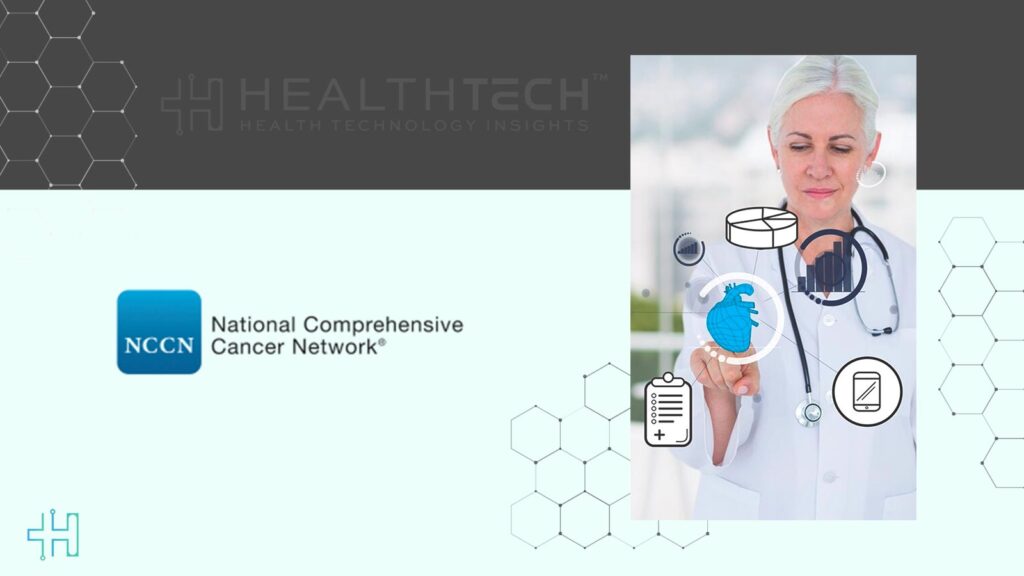New findings set to be presented by Seattle children diagnosed Research Institute at the American Society of Hematology (ASH) Annual Meeting on Dec. 8 show that in a global clinical trial for children with B-cell acute lymphoblastic leukemia (B-ALL), the most common form of childhood cancer, adding a monoclonal antibody called blinatumomab, in addition to standard chemotherapy as part of a treatment regimen, significantly improves three-year disease-free survival in newly diagnosed children with the condition. The trial was co-led by investigators at Seattle Children’s and The Hospital for Sick Children (SickKids) in Toronto through the Children’s Oncology Group consortium, currently led by Dr. Doug Hawkins, a senior hematologist oncologist at Seattle Children’s.
Patients in the study who received blinatumomab were 61% less likely to relapse than those in the trial who did not receive the drug, demonstrating a major breakthrough and a potential new treatment standard for children diagnosed with the condition.
HealthTech Insights: Smart Data Solutions Expands with New Global HQ, Accelerating AI-Driven Healthcare Automation
“The results show something striking: Not only was blinatumomab showing a signal of efficacy, it was also really a home run,” said Dr. Rachel Rau, the study’s co-lead author, who is a board-certified pediatric hematologist-oncologist at Seattle Children’s with a lab-based research program in the Ben Towne Center for Childhood Cancer and Blood Disorders Research at Seattle Children’s Research Institute. “Results showed a stunning improvement in the rate of three-year disease-free survival of patients from around 87% to around 96%.”
Children with newly diagnosed, standard risk B-ALL have high survival rates when treated with traditional chemotherapy, yet some relapse and die. Relapsed ALL is a leading cause of pediatric cancer mortality. About half of all relapses occur in patients originally diagnosed with standard risk B-ALL. This trial was the first to use blinatumomab for newly diagnosed pediatric patients with this condition.
A majority of the children diagnosed with B-ALL annually are under the age of 10. The median study participant age was 4.3 years old.
HealthTech Insights: Hyundai Supports UCI Health with Diabetes Donation
In total, 4,264 patients with B-ALL were enrolled in the trial at 228 sites across the world. The trial is coordinated by the Children’s Oncology Group, the world’s largest organization devoted exclusively to childhood and adolescent cancer research. It unites more than 10,000 experts in childhood cancer at more than 200 children’s hospitals — including Seattle Children’s — as well as universities and cancer centers across North America, New Zealand and Saudi Arabia.
All patients initially received standard-intensity induction chemotherapy. After induction chemotherapy, patients were assigned to one of three relapse risk categories, based on several biomarkers. Those classified as standard risk-favorable were assigned to the chemotherapy-alone group. The remaining 1,440 patients deemed standard risk-average or high were randomized to either receive standard chemotherapy alone or standard chemotherapy plus two cycles of the immunotherapy drug blinatumomab.
HealthTech Insights: ESYA Labs Partners with Alamar Biosciences to Advance Biomarker Detection and Diagnostics for Neurological Diseases
Rau will present the results at ASH in the first presentation of the meeting’s plenary session on Dec. 8.
The results will also be published in The New England Journal of Medicine today. Rau is co-first author of the paper with Dr. Sumit Gupta, oncologist and senior scientist at SickKids.
“These breakthrough data showing a significant improvement in disease-free survival are poised to bring substantial clinical value to nearly all children with newly diagnosed B-ALL,” says Gupta. “This will change the standard of care for children with B-ALL.”
Dr. Mignon Loh, Seattle Children’s head of the Division of Pediatric Hematology, Oncology, Bone Marrow Transplant and Cellular Therapy, overseeing the Cancer and Blood Disorders Center, and director and principal investigator, Ben Towne Center for Childhood Cancer and Blood Disorders Research at Seattle Children’s Research Institute, is the co-corresponding and senior author. Dr. Elizabeth Raetz, director of the Division of Pediatric Hematology and Oncology at Hassenfeld Children’s Hospital at NYU Langone, is also senior author.
HealthTech Insights: ESYA Labs Partners with Alamar Biosciences to Advance Biomarker Detection and Diagnostics for Neurological Diseases
The researchers plan to additionally study whether it’s possible to replace some of the more toxic standard chemotherapy with blinatumomab and other immune-based therapies with less toxic side effects, which would change the treatment landscape for all kids with B-ALL.
To participate in our interviews, please write to our HelthTech Media Room at news@intentamplify.com
Source – Prnewswire



